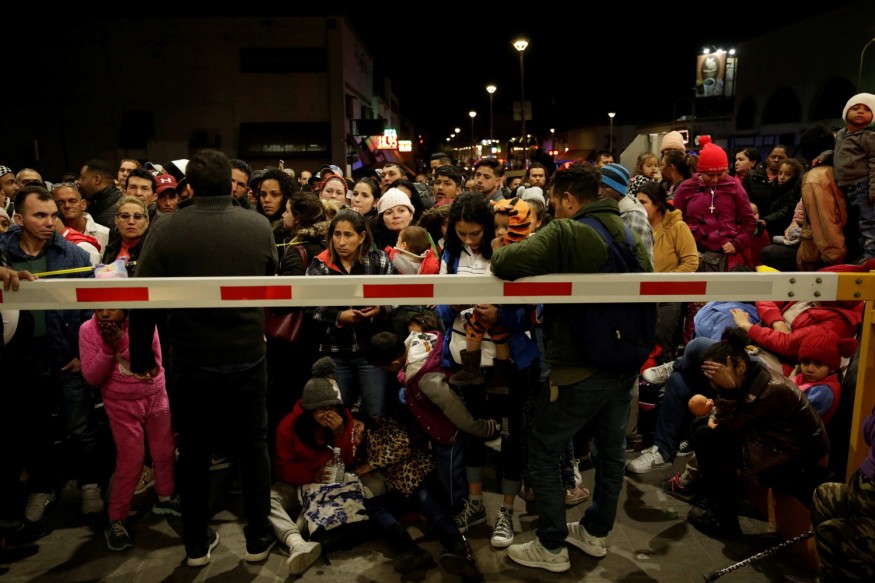Decision of Supreme Court Could Restore Trump's Right to Enforce Immigration Laws

An Order in the Northern District of California is under appeal on 8 April 2019 by a federal judge. The court examined whether non-Mexican asylum seekers arriving through Mexico without sufficient documentation for admittance may be allowed by the federal government to wait in Mexico as an immigration judge they are to wait for an approval of their appeal to be accepted by the immigration judge.
Lawfully, the president has wide authority over the law and execution of immigration policy and also has the power to impose the "Wait in Mexico" law in particular. The Democrats have made every attempt since Trump took up office to undermine the execution of his policies, particularly his policies on immigration. Oftentimes, t They also arrive with friendly judges in federal district courts ready to issue lengthy, national legal injunctions.
Just as the country is focusing on closing the borders to areas infected by coronavirus, a significant, longer-term implications have been made in the Supreme Court in respect of a much more contentious border issue. The Supreme Court reversed the wrong decision by the Ninth Circuit to find the immigration program of President Trump and Migrant Protection Protocols, likely to be unconstitutional.
The whole condition of limbo, which may last months or longer, considerably reduces the charm of migrants' southern borders migration policy.
The view of the District Court was primarily about the nonsensical issue of refugee status. Article 33 of the 1951 United Nations Convention forbids countries to transfer refugees to a country where, due to their cultural, religious, ethnicity, membership of the social group or their political views, their lives or their freedoms are jeopardized. The District Court argued that the Migrant Protection Protocol (MPP) of Homeland Security breaches international anti-refoulement commitments and granted a regional injunction.
The Supreme Court ruling to stay in the decision for this week's lower court doesn't really speak of the MPP's merits or constitutional character. Nevertheless, he grants the federal government the power to implement the proposal, until the high court agrees to take up the case- a decision that could take months. In the event that the court agrees not to hear the appeal, the stay is lifted and the ruling of the District Court is upheld.
This is excellent news for the separation of powers and the equal and orderly procedure of asylum.
Even though the United States can't blame immigrants for hoping to experience the great nation, it is up to the government officials who are responsible for ensuring that only immigrants who enter the country legally are allowed to settle, as well as through asylum programs.
The solution to Trump's rational approach is that refugees could stay, with little to no restrictions, in the United States for a period of time in their immigration process. Although this may sound fair in good faith for asylum seekers today, some are still economic migrants. They have plausible reasons for visiting our country but may not have complied with generally recognized criteria of eligibility for asylum.
The better when the high court also wants to deal with the issue of temporary national ordinances. It really is way overdue to get back to balance and regulatory choices.
Subscribe to Latin Post!
Sign up for our free newsletter for the Latest coverage!














